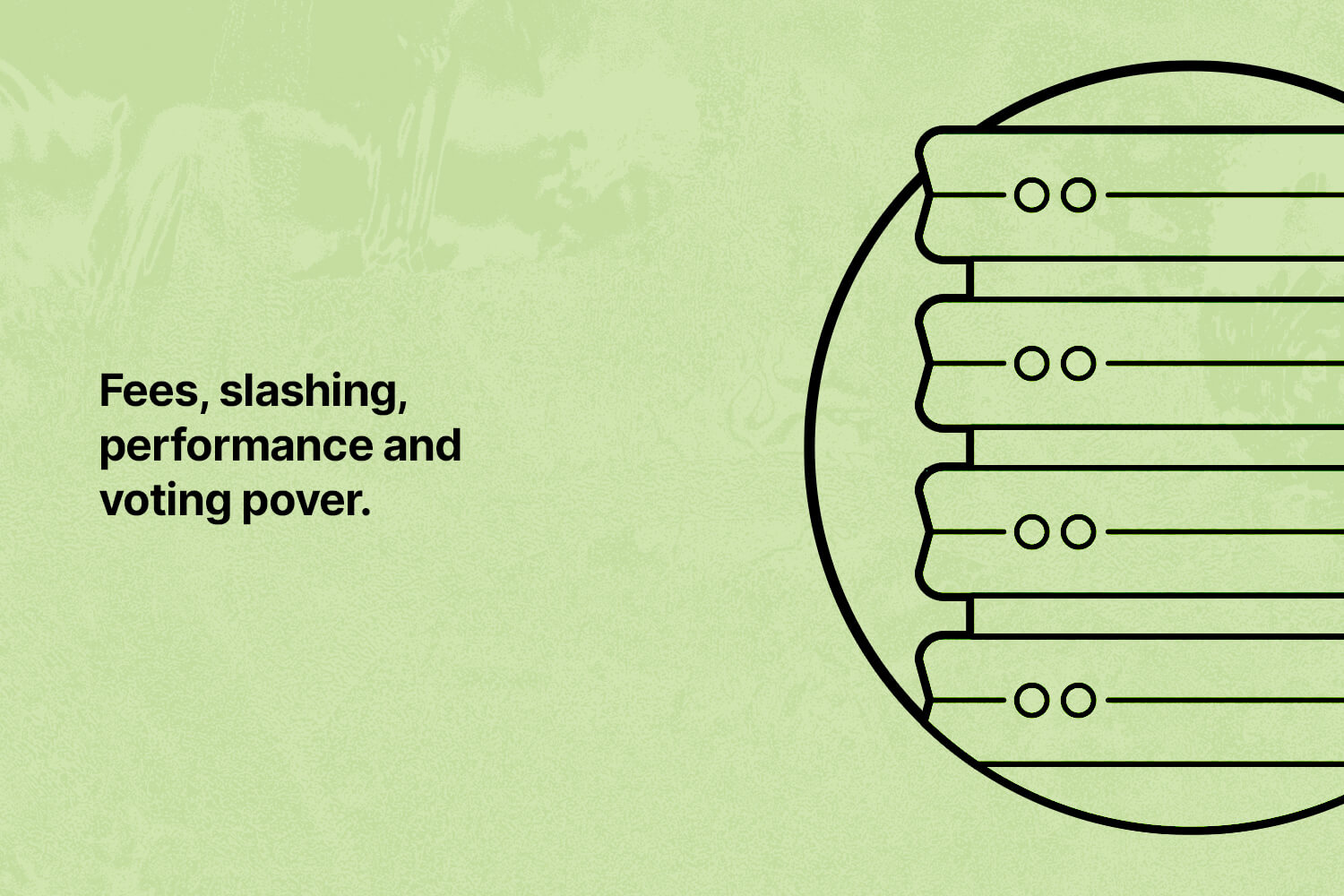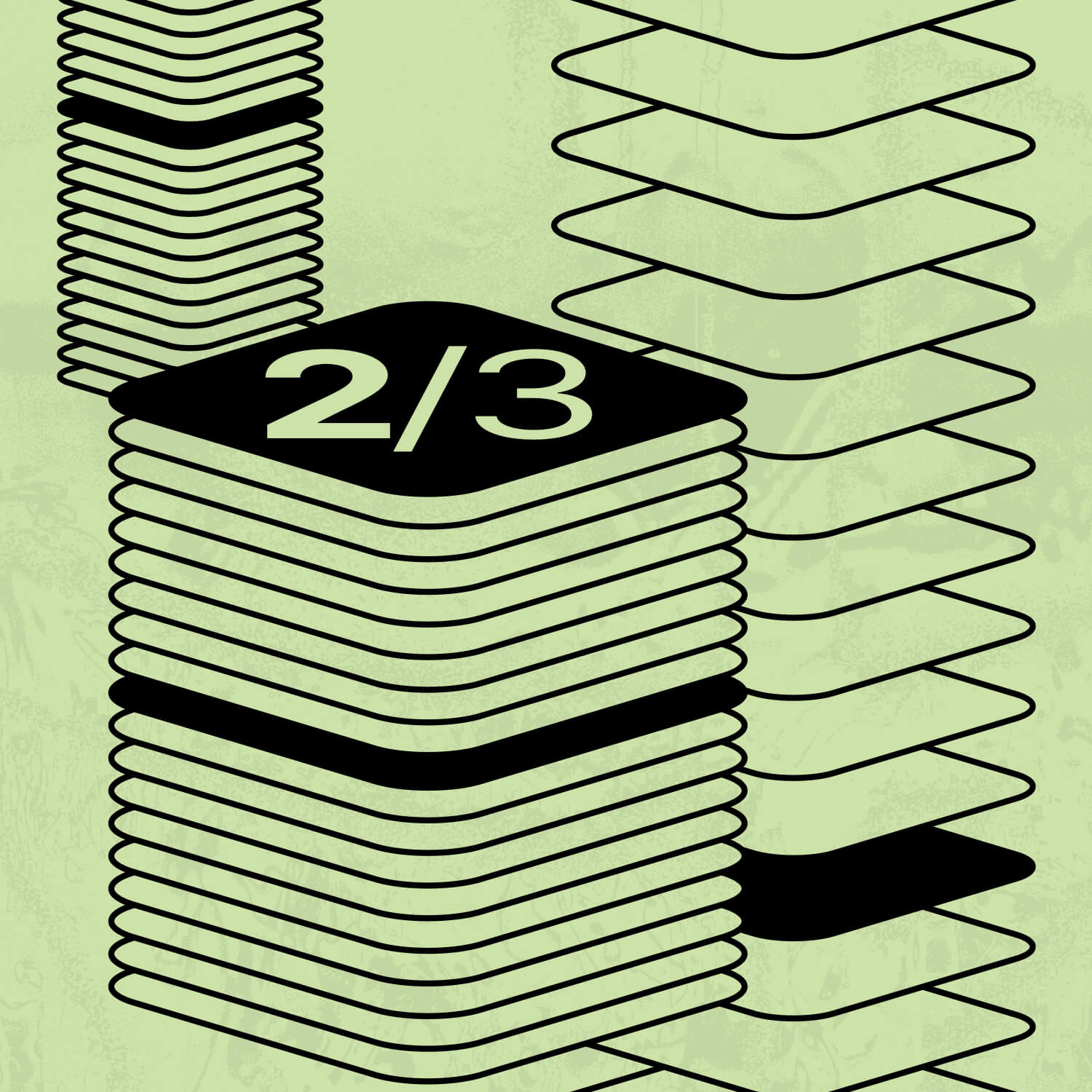Having identified which class of validators you will be delegating to. The next step is to pick a validator to delegate your tokens to. Below are some factors to consider before staking:
Important things to consider when choosing a Validator

The important things to note while choosing a validator include:
1️⃣ Top 20 Validators doesn’t mean they are the best validators: A recent survey conducted shows that a vast majority of delegators stake their tokens to the top 20 validators with the assumption that they are the best on the chain. This is often not the case as validators are ranked based on their holdings/staked tokens and not by their performance. This metric could be rather deceptive as some validators buy up tokens with their personal funds just to stay in these top places
2️⃣ Low fees doesn’t mean best Validators: It is important to note that choosing validators solely based on their commission rates is a bad practice as low commission doesn’t mean high performance. For example, A 0% commission validator is usually unprofitable and as a result would be unable to purchase high end infrastructures used to stay active, thereby getting slashed/disconnected from the network. When this happens, there are no rewards to pay out to stakeholders. So your APY can be affected far more dramatically by slow or broken validators than by their commission. Here is an example of how commissions are deducted: You stake 100 atom at a validator with 10% commission for one year. The APY for atom during this period is 8%.
- Your 100 atom generates 8 atom in rewards
- 0.8 atom (10% of those 8 atom ) is kept as a fee by the validator
- You receive a total of 7.2 atom over the course of the year
- At the end of the year you own 107.2 atom
3️⃣ Slashing of Stakes: The blockchain can slice up to 30% of staked tokens if a validator a) double-signed blocks or b) went down for an extended period.
4️⃣ Performance of the Validator: Rewards are mainly based on the amount of work done by a validator. This is not quite proof of work in the sense of Bitcoin, GPU farms and environmental destruction. But the fact is a validator earns rewards for every block it creates and signs. If it doesn’t show up – or is late – then no rewards are paid. Most chains and networks are built for speed, and so if the hardware a validator is using is too slow to keep up, it will simply be ignored or ‘skipped’. This can be seen by the ‘Skipped Vote %’ shown on (Link). The less votes skipped, the higher the rewards earned each epoch. The higher the rewards, the greater your own share. So as you can see, an unreliable validator with bad performance could drag your rewards down to half what you expect – or worse.
5️⃣ Voting Power: If a validator gains too much voting power, they may have an outsized influence on the governance process, allowing them to vote on governance proposals in ways that are harmful to the community’s interests, such as first proposing and then approving proposals that are specifically designed to benefit themselves, since delegators inherit their validator’s vote if they don’t vote.
Now that you have considered these important factors, Analysts at 01node also recommend best Practices to follow in choosing Validators. They are detailed below:
Get some background details of the validator

The following should be investigated when finding a validator:
- Does it have a website?
- Do they publish a security policy?
- How well are they keeping up with other validators in terms of performance?
- Are they based in an ‘over populated’ datacentre where many validators are found (too much centralization!) or out on their own in another part of the world, helping overall network reliability?
See how much “skin in the game” the validator has
The self-bonded ratio correlates with how much the validator stands to lose. So choosing a validator with a high ratio makes sense because it has all the reasons to have a healthy attitude and keep its infrastructure secure.
Diversify your staked tokens
It is generally a good idea to split your funds and delegate to more than one validator because this further adds to the decentralization of the network. Delegators should ensure they diversify their staked tokens across validators contributing to the growth of the network and ensure they avoid centralized exchanges as they do not contribute to the growth of the network.
Now that you know what to look for when choosing a validator to delegate your coin/token to, you can go ahead and choose one. The following part of this series will answer a frequently asked question among delegators.

